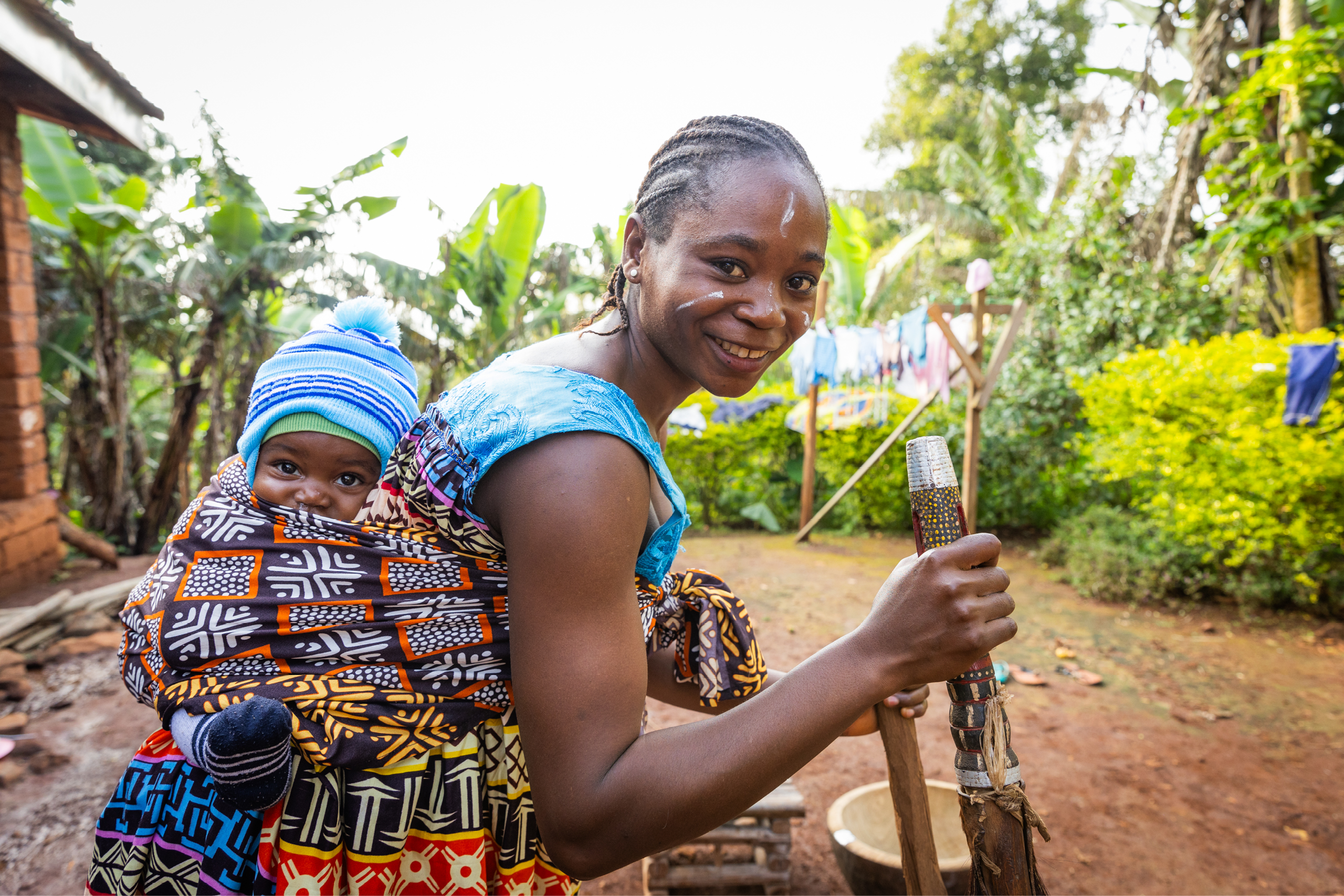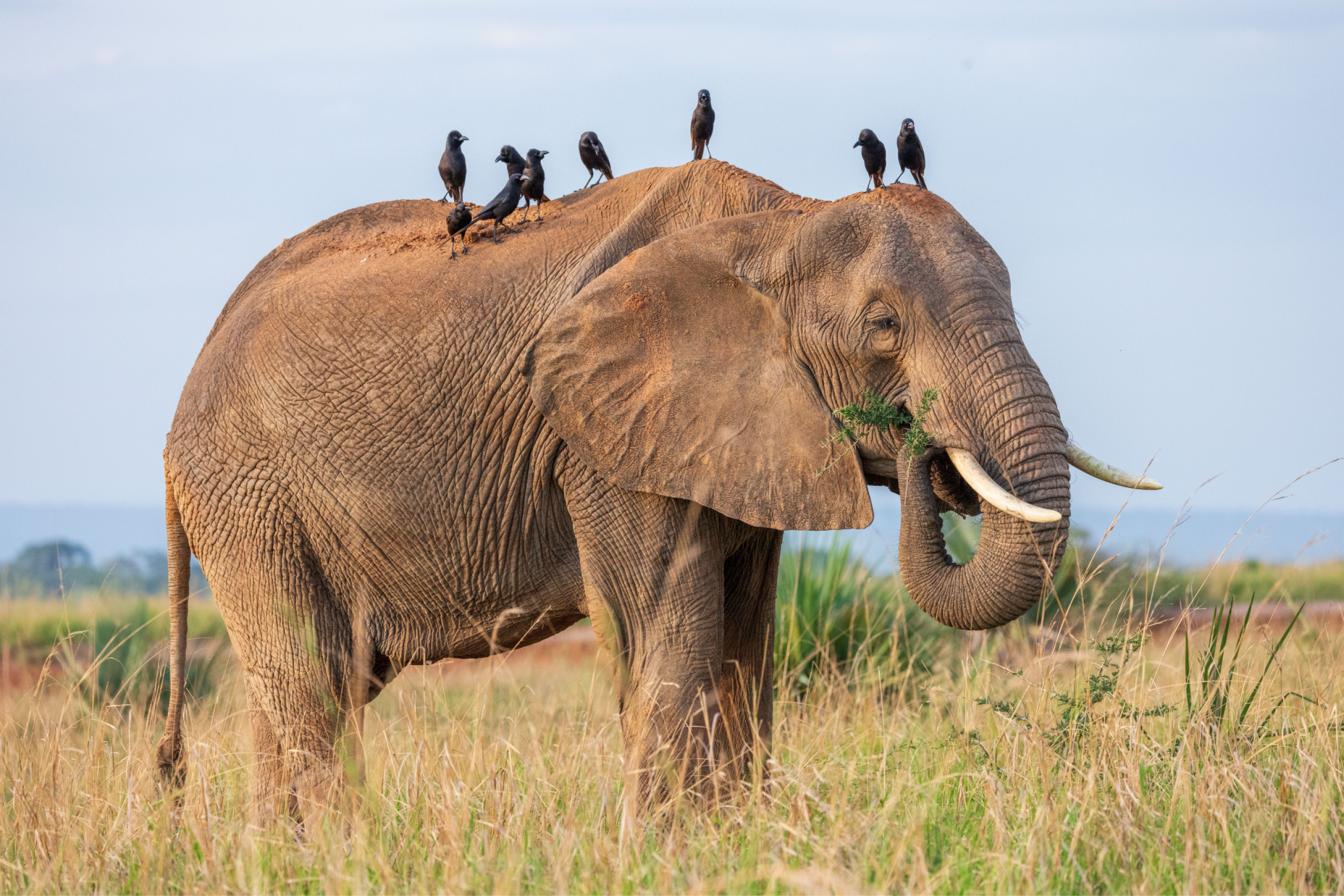When I heard about the opportunity to share something related to my ethnicity or Black culture, one thing came to my mind: African proverbs, and the wisdom that comes with them. I grew up in Zimbabwe, and some of our elders and friends used to say proverbs to teach, warn, correct or encourage us. In school, we also studied some proverbs in our Shona language studies. Shona is my native and one of the main languages spoken by about 87% of Zimbabweans. The only proverbs I have known all my life growing up have probably been of Zimbabwean origin. I thought perhaps I should learn a few proverbs from other parts of Africa and share them. There are many insightful, thought-provoking, funny and cool African proverbs from many different parts of Africa. So, I challenged myself to research and explore a few educative proverbs of African origin that exist out there.
One may wonder: what is a proverb? A proverb is a short, simple, traditional saying or statement that gives advice based on practical experience, often in the form of a metaphor or allegory. Proverbs are popular in spoken language, and form part of the folklore of a culture, and are passed down from generation to generation (Cambridge dictionary, 2024). Many proverbs are strongly tied to the Earth, that is, nature and animals. So many of them are quite relatable.
Here are 5 African proverbs that were my favourite from the lists I found:

"A person is a person because of other people."
This proverb is known as the bedrock of South African society because of their strong belief in community. It can be said in many languages, but two are shared here. In isiZulu they say Umuntu ngumuntu ngabantu and in seSotho they say Motho ke motho ka batho. The proverb translates to A person is a person because of other people, which means I am, because you are. The proverb highlights the importance of community. We all need each other. Here at the U of A, we are a big community and we also have smaller communities within. From these communities, we work together, help and empower each other. One of my favourite communities is the Black Graduate Students Association (BGSA), which I am part of. What I love about BGSA is that I get to connect and network with other Black students from different nationalities. The association promotes visibility and provides empowerment and support for all Black graduate students with the goal of fostering student growth, as well as personal and professional development. No matter what community you belong to, always know that you are needed and you can support others. We are a product of each other through our actions, decisions and support systems, and therefore, we ought to pursue unity and togetherness.

A child that does not cry will die in the carrier.
Known in the Shona language, Mwana asingacheme anofira mumbereko is a Zimbabwean proverb translated to A child that does not cry will die in the carrier. This proverb means that if one wants/needs something, they must ask for it; they must make their requests known; otherwise, nothing will happen or they won’t receive. If one wants change, they must seek it. If one needs resources, they must make some requests to those who can assist them. One must make sure to ask in the right way and through the right channels that may be in place. I have applied this proverb in my personal, academic and professional lives, and I can safely say it's worth it to ask, and most times that’s all you need to do. Even if the answer never comes or doesn’t come right away, there is no harm in asking.

Knowledge is a garden. If it isn’t cultivated, you can’t harvest it.
There is a popular saying, You reap what you sow, and that is what quickly clicked into my mind when I saw this proverb. With unknown origins, the proverb Knowledge is a garden. If it isn’t cultivated, you can’t harvest it, is a profound illustration of our contribution to acquiring knowledge. Knowledge is power. We are all here at the U of A to seek knowledge and be educated, and so for us to leave this place any different, we must be intentional about what and how we learn. Like a garden, knowledge needs to be nurtured. Even in a beautiful garden, weeds grow and pests invade, and something needs to be done to ensure the garden remains productive. One must know what information is helpful and relevant to them and learn to realize when to discard any knowledge that is irrelevant to their pursuit. For a quality knowledge harvest, never stop learning and approach knowledge with curiosity, enthusiasm and an open mind. For one to succeed in their knowledge journey, they must take care of their garden and guard their knowledge.

The best way to eat an elephant in your path is to cut him up into little pieces.
As we all know, elephants are gigantic, and if you’re to imagine having to cut one up into pieces, that will take ages and much strength. Here, the elephant is a metaphor for a goal or challenge. Some of the challenges we face or assignments we get can be overwhelming. This proverb alludes to the approach we take when we are faced with big problems. Cut him up into little pieces, the author says. When you have a big problem to tackle, it may be wise to do so little by little. Have a plan, distribute your work and take one step at a time. This can apply to studies and work; one can divide up work and have clear, realistic and achievable goals they can target. Setting small tasks and goals helps with increasing productivity and reaching milestones. I always say to myself, Small progress is still progress, and I always celebrate my small wins.

Coffee and love taste best when hot.
Kuma Hora, Finfinnee, Oromia an Ethiopian Proverb translated to Coffee and love taste better when hot. Starbucks and Tim's fans can attest to this proverb that coffee tastes better when it's still hot. Love, too, is better and sweet when vibrant and intentional. The proverb means that anything is better when done at the right time. Time is of the essence in this proverb, which seeks to highlight that some things are more enjoyable when done in their season. We must learn to embrace the moments that come in each season of our lives.
I hope you had fun reading these African proverbs!






